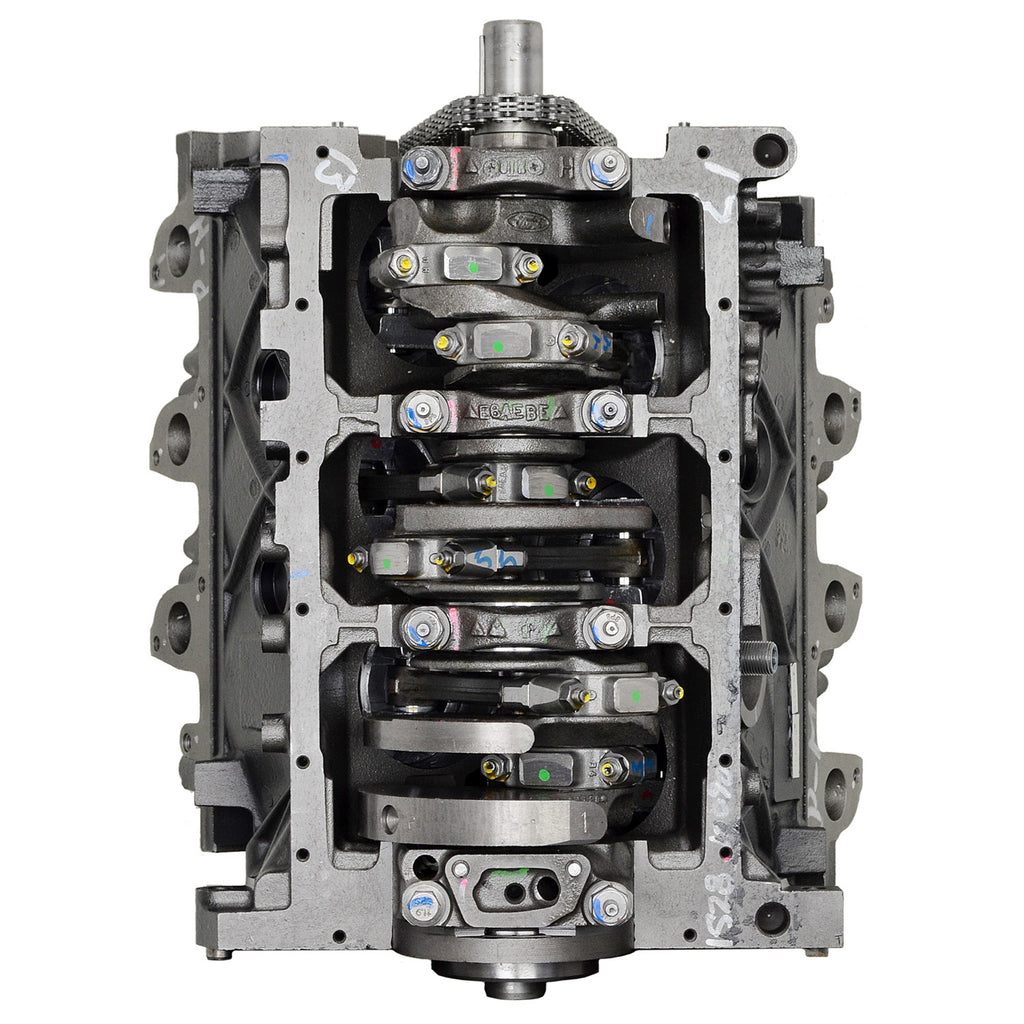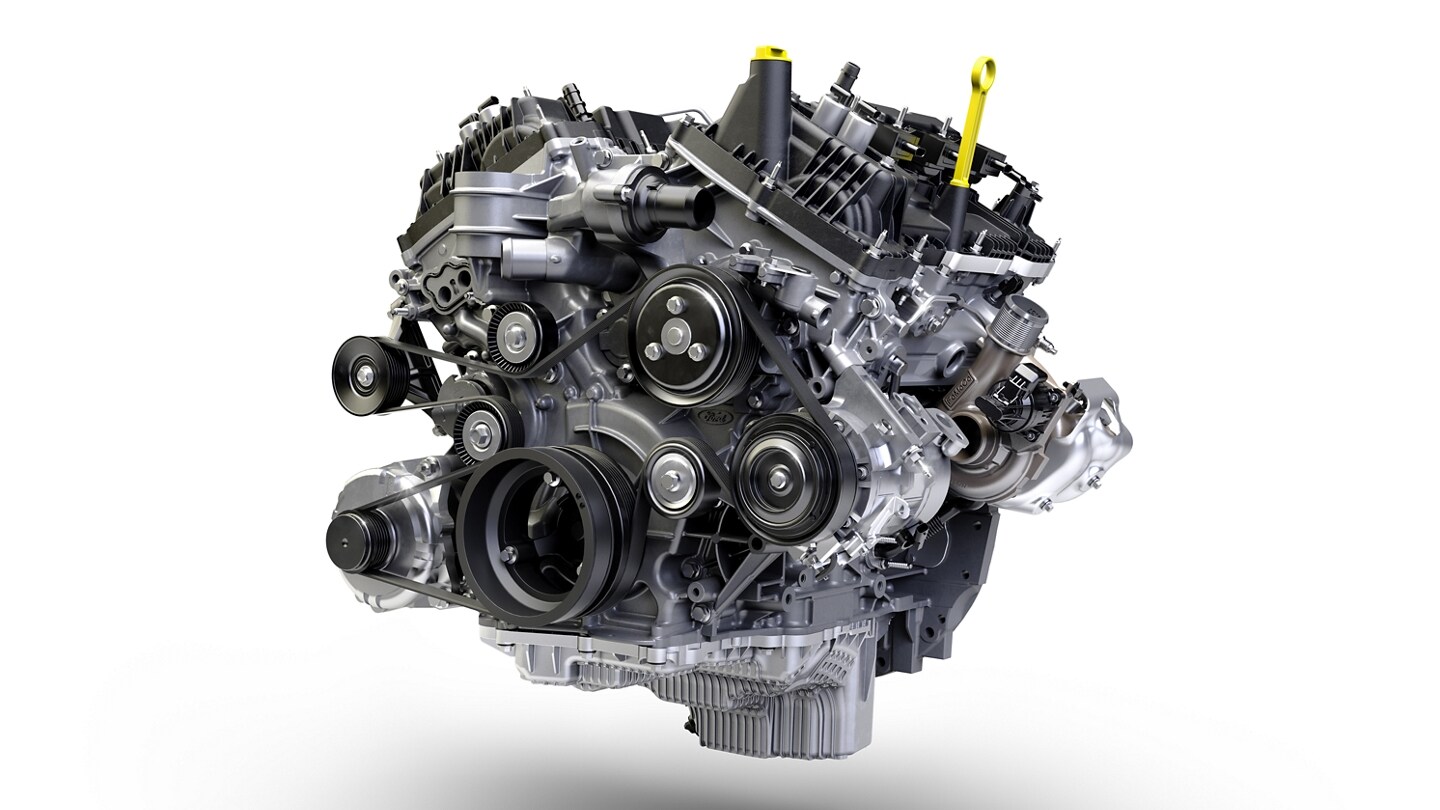Why the 2.2 Ford Ranger Engine Is a Popular Choice for Rugged and Reliable Performance
What Makes a Cars And Truck Engine Run Efficiently: Top Tips for Optimal Treatment
The smooth procedure of an auto engine is fundamental to both efficiency and long life, making optimum care an important duty for car owners. Key techniques, such as routine oil modifications, keeping coolant levels, and monitoring air filters, are vital yet commonly neglected. In addition, the relevance of checking ignition system and ensuring correct tire stress can not be downplayed. Recognizing just how these elements interconnect can boost not just the performance of your vehicle but also your general driving experience. What certain steps should you focus on to guarantee your engine continues to be in peak condition?
Regular Oil Changes
One of one of the most vital aspects of auto maintenance is ensuring your engine obtains normal oil adjustments. Engine oil lubes interior components, minimizes rubbing, and aids keep optimum operating temperatures. With time, oil weakens because of heat, pollutants, and the natural by-products of burning, resulting in minimized performance and possible engine damages.
The majority of producers suggest transforming the oil every 5,000 to 7,500 miles, however this interval can vary based on driving problems and oil type. For example, artificial oils may enable longer intervals in between changes. Normal oil modifications not just improve engine performance yet likewise improve fuel efficiency, as clean oil promotes smoother operation.
Neglecting oil modifications can cause sludge buildup, which harms flow and can result in serious engine concerns. It is important to inspect oil levels frequently and monitor for any type of unusual adjustments in shade or uniformity, which might suggest contamination or deterioration.

Preserving Coolant Degrees
Keeping appropriate coolant levels is important for stopping engine overheating and making sure optimal efficiency. The coolant, normally a combination of water and antifreeze, circulates via the engine, absorbing warm and protecting against thermal tension. Not enough coolant can result in increased engine temperature levels, which might cause serious damages or also overall engine failing.
To maintain ideal coolant levels, routinely evaluate the coolant reservoir, normally situated in the engine bay. Make sure the coolant is loaded to the recommended mark, as suggested in your automobile's proprietor manual. It is suggested to examine the levels at least once a month or eventually journeys, especially during extreme weather condition conditions.
If you see that the coolant degree is continually low, there might be a leak in the cooling system, which should be addressed promptly to stop further problems. 2.2 ford ranger engine. Additionally, flushing the coolant system every a couple of years can help eliminate any accumulated debris and guarantee reliable warmth exchange
Monitoring Air Filters

It is suggested to inspect the air filter every 12,000 to 15,000 miles, or more often if driving in unfavorable or dirty problems. A basic aesthetic assessment can usually reveal whether the filter is unclean or harmed. If the filter shows up tarnished or has visible dirt accumulation, it must be replaced immediately.
Utilizing a top notch air filter created for your certain lorry version can further improve engine performance. Additionally, some cars might take advantage of multiple-use filters that can be cleaned and re-installed, supplying a economical and eco-friendly option.
Inspecting Spark Plugs
Flicker plugs are crucial components of a vehicle's ignition system, straight impacting engine performance and effectiveness. They create the spark that ignites the air-fuel blend in the burning chamber, assisting in the engine's power generation. Regular inspection of ignition system is crucial for preserving optimal engine feature and preventing possible concerns.
Dark soot or oil down payments can show incorrect burning, while a white or raw appearance might suggest getting too hot. Both problems require instant focus to stop additional engine damage.
It's a good idea to examine stimulate plugs every 30,000 miles, or as suggested in your car's proprietor handbook. Additionally, take into consideration changing them according to the producer's standards, as old or worn spark plugs can result in misfires, lowered these details gas performance, and enhanced emissions.
Monitoring Tire Pressure
Ensuring proper tire stress is an important facet of vehicle security and efficiency. Under-inflated tires can result in reduced gas efficiency, raised tire wear, and endangered handling. Conversely, over-inflated tires can reduce grip and raise the danger of blowouts. For that reason, normal monitoring of tire stress is essential for optimal car procedure.
Tire stress ought to be examined at least once a month and soon journeys. Use a dependable tire stress scale to determine the stress when the tires are cold, preferably before the car has actually been driven for at least 3 hours. Refer to the automobile's owner guidebook or the placard located on the chauffeur's side door jamb for the producer's advised stress degrees.
It is essential to keep in mind that tire pressure can vary with adjustments in temperature; a decrease of 10 ° F can lead to a 1-2 psi reduction in stress. Furthermore, aesthetically check tires for any kind of indicators of wear or damage throughout your surveillance routine. Keeping appropriate tire stress not only improves automobile safety however additionally improves fuel performance and lengthens tire life, inevitably contributing to a smoother engine efficiency.
Verdict
In final thought, keeping an automobile engine's smooth procedure needs persistent attention to several key check out here aspects. Normal oil modifications, appropriate coolant levels, clean air filters, properly maintained spark plugs, and ideal tire pressure collectively add to enhanced efficiency and longevity. Abiding by these maintenance practices not only improves fuel efficiency but also promotes a much safer driving experience. Ultimately, a proactive strategy to engine care is important for making certain dependability and performance with time. 2.2 ford ranger engine.
One of the most crucial facets of vehicle upkeep is ensuring your engine receives regular oil modifications. Engine oil lubes inner parts, decreases friction, and aids maintain optimum operating temperatures. Routine oil modifications not only improve engine performance yet additionally boost gas effectiveness, as clean oil promotes smoother procedure.
Insufficient coolant can lead to boosted engine temperature levels, which might trigger serious damage or even total engine failing.